As the trial of an undocumented immigrant accused of murdering Georgia student Laken Riley approaches, new evidence has emerged. The death of Riley, allegedly at the hands of Jose Ibarra, brought illegal immigration into the spotlight this past spring. Georgia, already home to some of the nation’s strictest immigration policies, has since tightened its laws. Yet, the flow of people entering the state illegally has not ceased.
The primary driving force behind this influx is employment. Many recent illegal border crossers are drawn to Georgia in search of quick-paying jobs. The state’s industries, particularly in regions like Hall and Whitfield Counties, provide ample opportunities for immigrants to find work.
In response, Governor Kemp signed HB 1105 this spring, a law requiring police to check the immigration status of those they arrest. This law, which took immediate effect, has become a focal point in Georgia’s ongoing immigration debate.
Areas like Gainesville in Hall County, with its booming poultry industry, and Dalton in Whitfield County, known for its carpet industry, have seen significant increases in illegal immigration. These industries have long relied on immigrant labor. Hall County Sheriff Gerald Couch testified before a Georgia legislative committee in March, commending the efforts of his department in identifying and detaining illegal immigrants in the area.
The state witnessed a surge in illegal immigration following the end of Title 42 in March 2023. Title 42, a temporary immigration restriction enacted during the COVID-19 pandemic, was lifted, prompting concerns from officials like Governor Kemp. He warned that the end of Title 42 would exacerbate issues like fentanyl trafficking and human smuggling. Meanwhile, Georgia immigration attorney Charles Kuck countered that removing the restriction would help alleviate the state’s labor shortages.
While HB 1105 has earned praise, particularly from Republicans, it has also drawn criticism from activists and lawmakers. In Whitfield County, the local Republican Party censured State Representative Kasey Carpenter for voting against the bill. Carpenter expressed concerns that the legislation might encourage racial profiling and expose local officials to lawsuits. Pro-immigrant activists echoed these sentiments, raising alarms over potential civil rights violations.
Governor Kemp’s law has ignited a debate that reflects the broader challenge of balancing public safety with the state’s economic needs, particularly in sectors that depend on immigrant labor. The conversation is far from over.








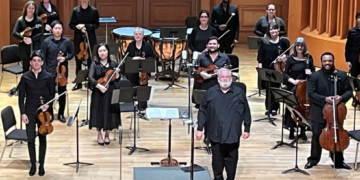






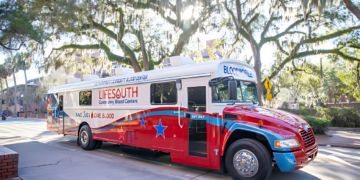

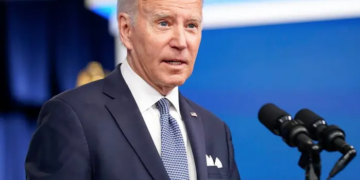


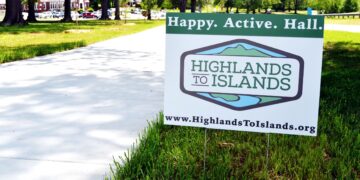

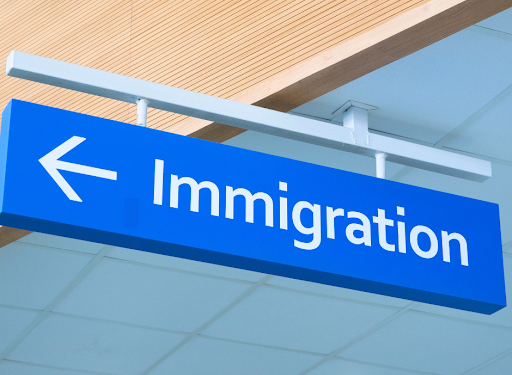





I agree with Governor Kemo. We need to protect our families 1st and foremost. Illegal aliens should not be allowed in our country or Georgia. They should have to apply for citizenship just like anyone else would and be vetted. If they can’t be vetted then they can’t come here.